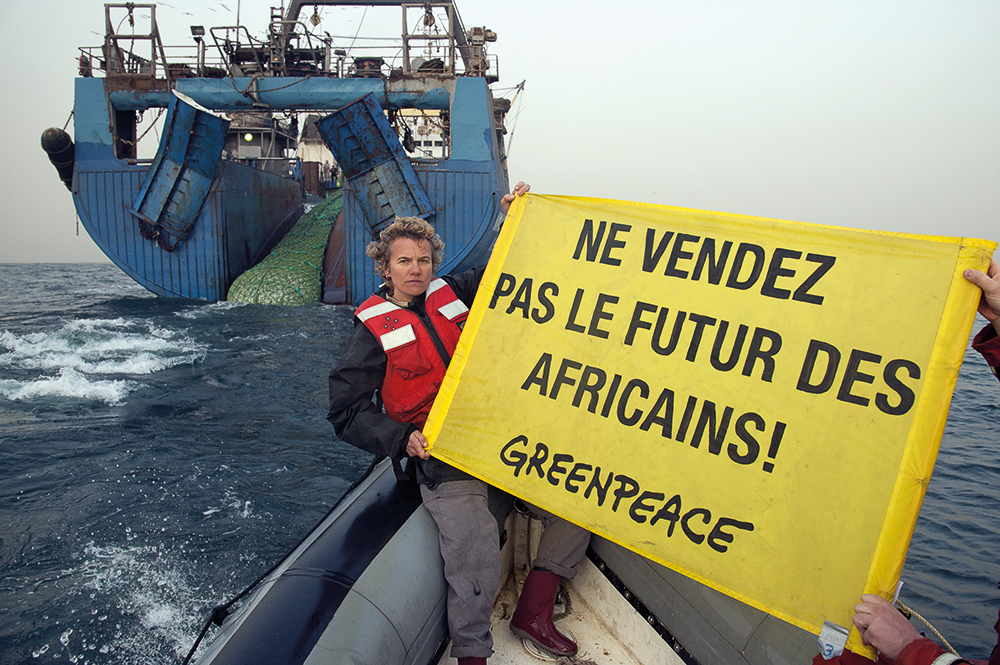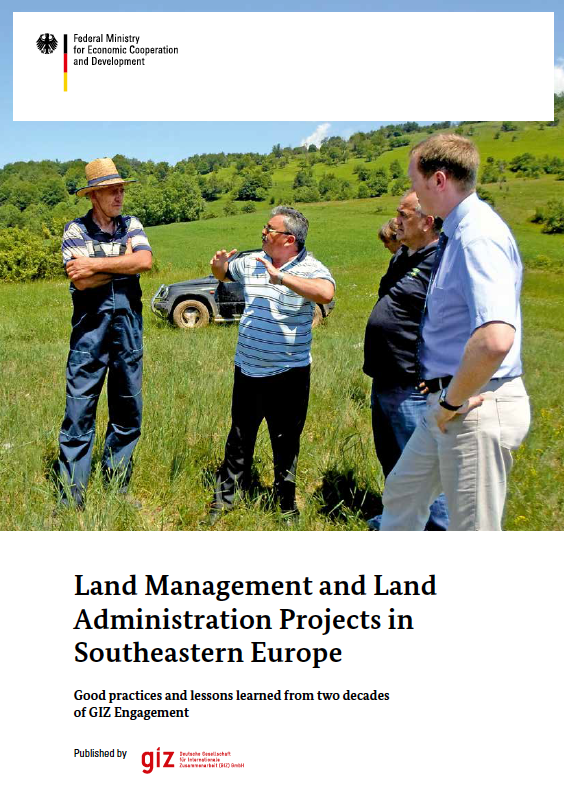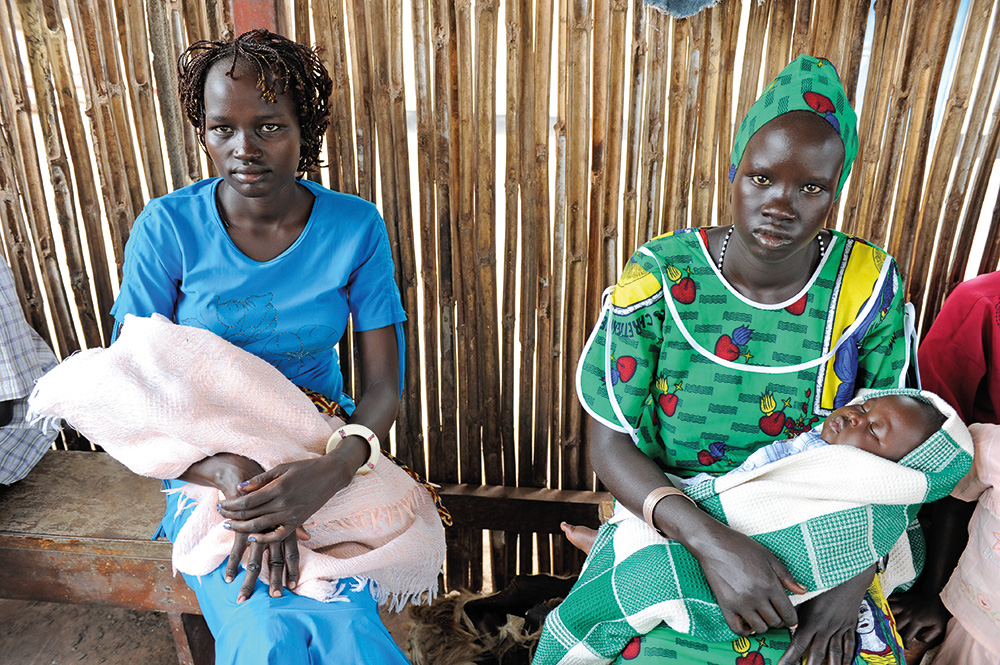Location
As a service provider in the field of international cooperation for sustainable development and international education work, we are dedicated to shaping a future worth living around the world. We have over 50 years of experience in a wide variety of areas, including economic development and employment promotion, energy and the environment, and peace and security. The diverse expertise of our federal enterprise is in demand around the globe – from the German Government, European Union institutions, the United Nations, the private sector, and governments of other countries. We work with businesses, civil society actors and research institutions, fostering successful interaction between development policy and other policy fields and areas of activity. Our main commissioning party is the German Federal Ministry for Economic Cooperation and Development (BMZ). The commissioning parties and cooperation partners all place their trust in GIZ, and we work with them to generate ideas for political, social and economic change, to develop these into concrete plans and to implement them. Since we are a public-benefit federal enterprise, German and European values are central to our work. Together with our partners in national governments worldwide and cooperation partners from the worlds of business, research and civil society, we work flexibly to deliver effective solutions that offer people better prospects and sustainably improve their living conditions.
Members:
Resources
Displaying 206 - 210 of 337Omena – small fish with a big potential for women’s business?
It would be difficult to imagine the diet of the local consumers around Lake Victoria without the silver cyprinid. The small fresh water sardine also plays an important role in women’s participation in Kenya’s fishery sector. However, in spite of intensive efforts, there is still a long way to go before they have achieved an equal role in the value chain.
Sustainable management of fisheries and aquaculture: a huge challenge for development cooperation
The global demand for fish and fish products is continuously increasing. However, fisheries management is still insufficient, leading to over-exploitation, illegal fishing and massive post-harvest losses. Our authors describe what has to be done.
Land Management and Land Administration Projects in Southeastern Europe
After the collapse of the former Soviet Union and the end of the latest Balkan wars, countries in Southeastern Europe had to reorganize their land management and land administration systems. Whereas in the Caucasus region privatization and first property registration were the main challenges, in the former Republic of Yugoslavia, essential objectives were the return of collectivized, confiscated property through restitution or (re)distribution, as well as the updating and harmonization of traditional land registry and cadaster systems and their conversion to modern systems.
“One World – No Hunger” A look at the German Development Ministry’s Initiative
With reference to the “One World – No Hunger” Initiative, Stefan Schmitz shows how food policies can support the attainment of the Sustainable Development Goals and highlights the interdependencies between the individual goals and targets.
Food and nutrition security in the SDGs – where are we heading?
The demand to eradicate extreme poverty and hunger has been the centrepiece of the Millennium Development Goals; the first MDG stands for the inextricable link between poverty and people’s ability to access safe, nutritious and sufficient food. How will the objective of achieving global food and nutrition security be embedded in the SDGs? Will the SDGs be a further step towards this target?






